The number of Americans who identified as conservatives in 2016 exceeded those who identified as liberal, according to Gallup—although the margin between the two is narrowing.
In 2016, 36 percent of adults in the U.S. said they are conservative compared to 25 percent who said they are liberal. In comparison, however, the 11-point difference is half of what it was in 1996 at its peak.

More Americans continue to label themselves as conservative than as moderate or liberal. However, the liberal percentage has been growing, mainly at the expense of moderates. The Democratic focus of this change represents a hardening of political polarization between the two major parties. With most Republicans already identifying as conservative and more Democrats identifying as liberal, the parties are moving further apart ideologically.
The most obvious implication of this after the 2016 election is that the parties may increasingly nominate candidates who are wholly unacceptable to the opposing party. Additionally, it may be affecting the ideological bent of Americans' representatives in Congress and the pressure these leaders face from their constituents to adhere to conservative versus liberal orthodoxy.
On the other hand, if the term "liberal" is simply growing in public acceptance, the shift could be more a matter of semantics than a paradigm change. People who once opted for the word "moderate" may be more willing to call themselves "liberal" even if their views on the issues are the same. However, with major changes over the past two decades in Americans' acceptance of gay marriage, support for legalized marijuana and growing opposition to the death penalty, at least some of the shift in labeling appears to be rooted in changing perspectives.
Recommended
The results are derived from 17 separate Gallup polls of 17,055 adults carried out in 2016.


















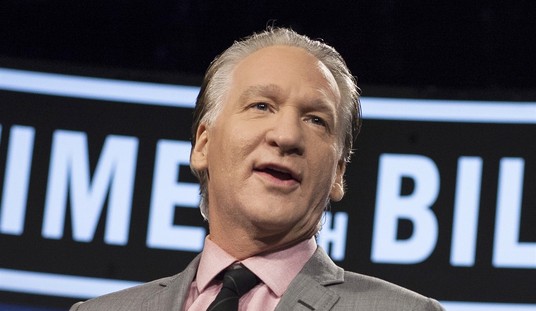

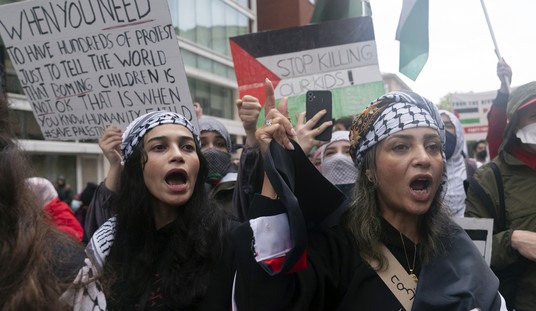

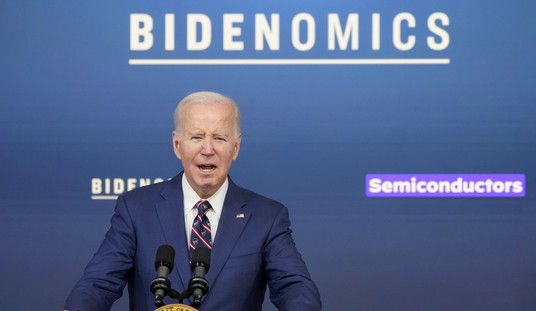
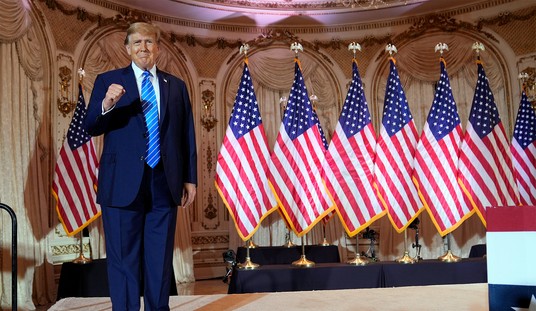
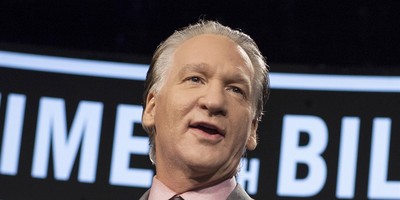
Join the conversation as a VIP Member